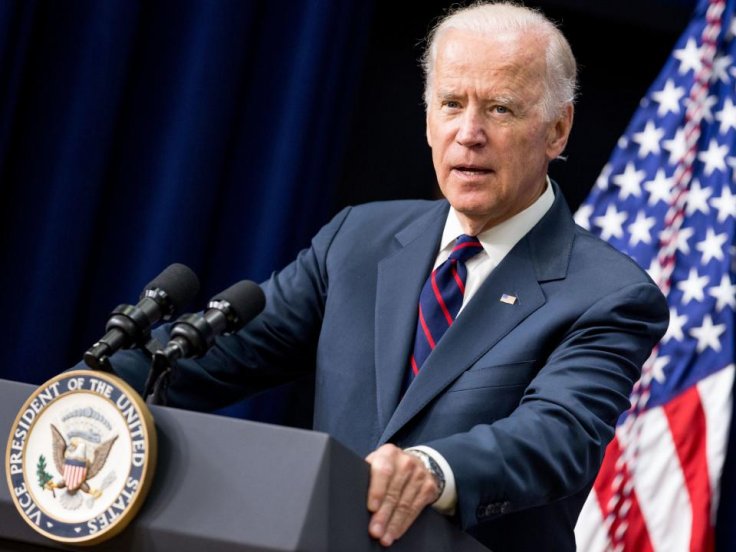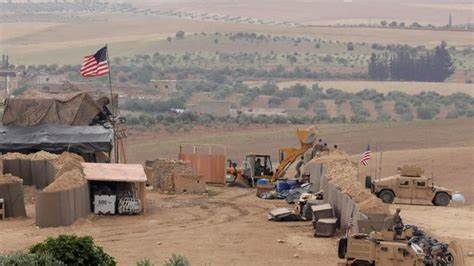In a sudden turn of events, President Joe Biden halted his press conference on Tuesday, citing an urgent "issue" that required his immediate attention in the Situation Room. The President was in the midst of delivering a state address on his economic policies, known as "Bidenomics," when he interrupted his speech, saying, "I apologize, but I have to go to the Situation Room. There's an issue I need to deal with."

Simultaneously, reports emerged regarding attacks on U.S. military bases in Syria and Iraq. According to these reports, Iran-backed proxies were actively involved in rocket and drone attacks on American military installations, specifically Haql al-Omar, Al-Shaddadi, and the Al Tanf base. The sounds of loud explosions were heard at the Al Omar oil field in Syria, where U.S. troops have been stationed.
The 80-year-old U.S. President had been discussing the American hostages held by Hamas since its raid into Israel on October 7. He expressed, "We'll talk" after more hostages return home, emphasizing the importance of their release.
Just minutes into his speech, President Biden's abrupt departure raised concerns about the situation, leaving his remarks on "Bidenomics" unfinished. The urgency of the situation was evident as he rushed to the Situation Room.
In response to the attacks on U.S. military bases, the "Mujahideen of the Islamic Resistance in Iraq," a designated Iraqi terrorist group, claimed responsibility. They stated that they had targeted two American occupation bases, Haql al-Omar and Al-Shaddadi, using drones and successfully hitting their intended targets.

President Biden swiftly addressed the situation, directing the Department of Defense to "brace for more and respond appropriately." The Pentagon issued a statement, stating that the Biden administration was actively preparing to address the escalating situation in the Middle East and respond decisively to safeguard American forces.
Simultaneously, the U.S. Central Command (CENTCOM) reported that American military forces had "destroyed two one-way attack drones near U.S. and Coalition forces in southwest Syria before they reached their intended targets." Thankfully, there were no casualties or damage.
During a press call, White House spokesperson John Kirby highlighted, "We know that Iran is closely monitoring these events and, in some cases, actively facilitating these attacks and spurring on others who may want to exploit the conflict for their own gain or for that of Iran."
In response to escalating tensions in the region, the U.S. has deployed an estimated 2,000 Marines to the Middle East. The Pentagon has redirected the aircraft carrier USS Eisenhower and its strike group, which includes a cruiser and destroyers, to join the USS Ford strike group in the Mediterranean. This move aims to serve as a deterrent against further actions by Iran.
The situation continues to evolve rapidly, and the U.S. government remains vigilant in addressing these challenges in the Middle East.









